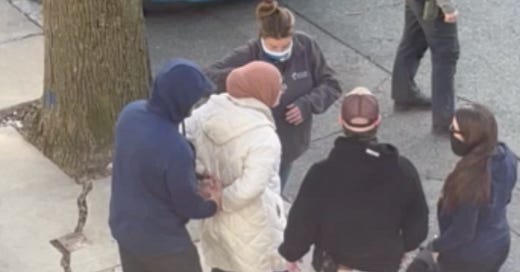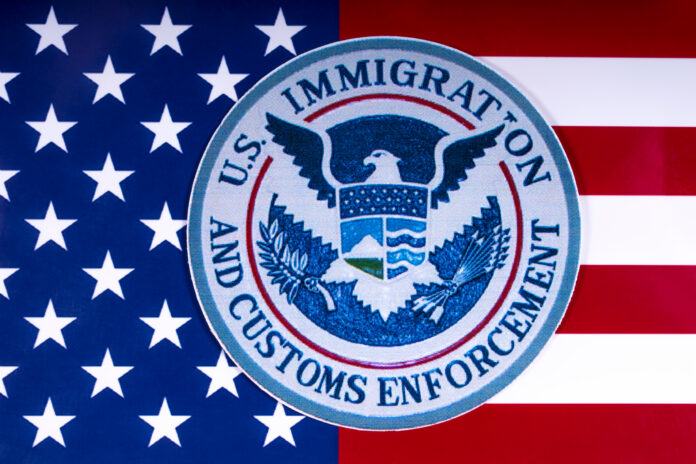Pro-Palestinian students in the United States continue to be arrested, detained and earmarked for deportation.
U.S. Immigration and Customs Enforcement (ICE) detained another international graduate student from the University of Minnesota.
The student’s identity has not been disclosed and the circumstances surrounding the arrest remain unclear, with no official explanation provided by authorities.
The arrest, which occurred at an off-campus residence in the Twin Cities, is part of an ongoing pattern of detentions involving foreign students that has raised alarms across the country.
University President Rebecca Cunningham confirmed the detention in a blog post, stating that the university had no prior knowledge of the action and was actively seeking more information.
Minnesota Governor Tim Walz also expressed his concern, emphasising the state’s reputation as a hub for international education and research. “I just spoke with Homeland Security to get more information and I will share when I learn more,” Walz stated.
State Senator Doron Clark voiced his displeasure over the incident, stating that campuses should be a “safe place for all.”
Subscribe to our newsletter and stay updated on the latest news and updates from around the Muslim world!
This arrest adds to the growing number of similar incidents involving foreign students, which have sparked debates around the safety and treatment of international students in the U.S.
Broader arrest trends
The recent detention of the unknown student is part of a rising trend of arrests and detentions of students engaged in political protests, particularly those in support of Palestinian rights.
Recently, several pro-Palestinian students and activists have been targeted by U.S. authorities, raising concerns about the increasing scrutiny on political dissent, especially related to U.S. foreign policy in the Middle East.
In Massachusetts, federal immigration authorities recently detained Rumeysa Ozturk, a Turkish-born PhD student at Tufts University.
Ozturk was arrested while heading to an Iftar dinner. Her detention came after the publication of an article she co-authored criticising Israeli policies in Gaza.
The U.S. State Department confirmed that Ozturk’s student visa had been revoked.
Secretary of State Marco Rubio defended her arrest, claiming that her activities violated the terms of her visa.

Other cases, such as the detention of Mahmoud Khalil, a former graduate student from Columbia University, and Yunseo Chung, a Korean-American student at Columbia, have raised concerns over the role of pro-Israel advocacy groups in these actions.
Groups like Canary Mission, which tracks pro-Palestinian activism, have been accused of facilitating these arrests and influencing immigration enforcement policies.
These recent detentions are part of a larger context tied to ongoing protests against Israeli actions in Gaza, with student demonstrations becoming more widespread across U.S. campuses.
Since October 2023, over 50,000 Palestinians have been killed in Gaza, and protests advocating for Palestinian rights have grown in size and intensity.
Students and activists in the U.S. have increasingly voiced support for Palestinians, calling for an end to the violence in Gaza and a re-evaluation of U.S. foreign policy towards Israel.
The implications of these detentions extend beyond individual cases, raising fundamental questions about academic freedom, freedom of speech, and the right to protest in the U.S.
Critics argue that the actions of U.S. authorities reflect a troubling trend of political repression, where dissenting voices are silenced through immigration enforcement.























